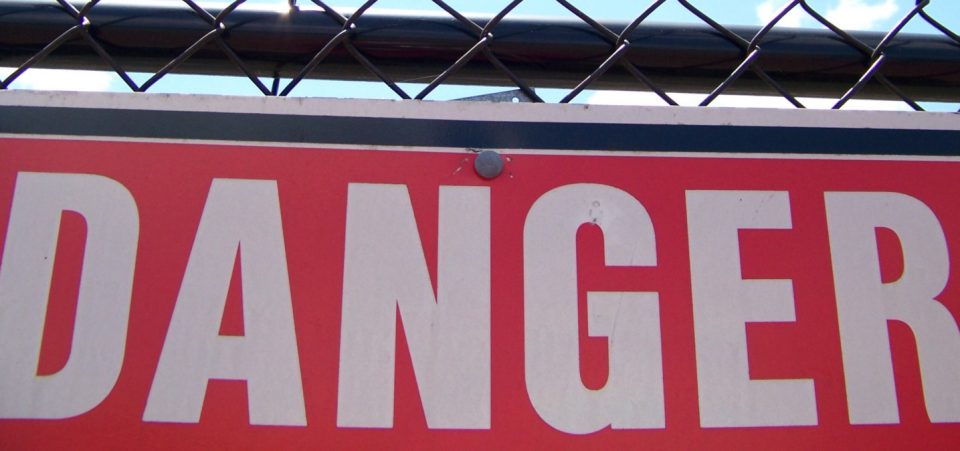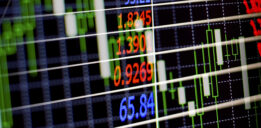The Higher the Valuations, the Bigger the Risk of Stock Market Falling Apart
Have you looked at the stock market valuations lately? They’ve been skyrocketing. Investors have been paying top dollar for stocks. Here’s what you need to know: the higher the valuations go, the higher the risk of a stock market crash.
Here’s some perspective.
The cyclically adjusted price-to-earnings (CAPE) ratio currently stands at 38.34. (Source: “U.S. Stock Markets 1871-Present and CAPE Ratio,” Yale University, last accessed October 5, 2021.)
What’s the CAPE ratio? In simple words, it’s the price-to-earnings ratio (how much investors are willing to pay for each $1.00 of earnings) adjusted for business cycles and inflation. This number by itself really means nothing; you have to compare it to the historical average and how it looked during previous stock market peaks.
The long-term average of the CAPE ratio is around 17. By this standard, the stock market is currently trading 125% above its historical average.
Looking at what the CAPE ratio was during previous stock market peaks, the only time the ratio surged this high was during the tech bubble. It wasn’t even this high prior to the stock market crash of 2008–2009, before the crash of 1987, during the 1970s, or even before the Great Depression.
Right now, the CAPE ratio says the stock market could be in very dangerous territory.
Buffett Indicators Say Stock Market Significantly Overvalued
Don’t for a second think that the CAPE ratio is the only valuation measure saying the stock market is in the danger zone.
Consider the indicator followed closely by legendary investor Warren Buffett: total market capitalization to gross domestic product (GDP). This indicator says how the stock market looks relative to U.S. GDP.
The current reading on market capitalization to GDP is 199.5%. (Source: “Buffett Indicator: Where Are We With Market Valuations?” GuruFocus, last accessed October 6, 2021.)
Here’s the kicker: whenever market capitalization to GDP hits 140% or higher, it suggests that the stock market is significantly overvalued.
It wouldn’t be a problem if only two indicators were saying the stock market was trading at extreme valuations. But here are three more indicators that also foretell a scary situation for stocks:
- S&P 500 price-to-book ratio: highest since the tech bubble
- S&P 500 price-to-sales ratio: at a record high.
- S&P 500 dividend yields
Mind you, this isn’t an exhaustive list of all indicators.
Some Tips for Stock Market Investors
Dear reader, my goal here isn’t to scare you, merely to warn you about possible risks so you can protect your investment portfolio.
Do surging stock market valuations mean a stock market crash will happen soon?
No one can predict the exact bottom or peak of the stock market, but soaring valuations do make a case that stocks could be closer to some sort of peak than to some sort of bottom. The odds of a stock market crash are much higher than before.
While we’re at it, know that the Federal Reserve has a big hand in soaring stock market valuations. Low interest rates and a high level of money-printing have distorted risk. So, investors have been piling into risky assets, causing their values to soar.
Can the stock market continue to soar? Absolutely. If investors don’t have many places to put their money, they’ll plough it into the stock market. In the short term, this could give a boost to stocks. In the long term, however, valuations really matter. For stocks to arrive at fair prices, they would have to come down a lot.
Lastly, no matter how the market looks, there are always opportunities, albeit there are more opportunities when there’s panic selling than when markets are at record-high valuations. In times when valuations are soaring, it could be wise to consider stocks of fundamentally sound companies with growing markets and capable management teams.






